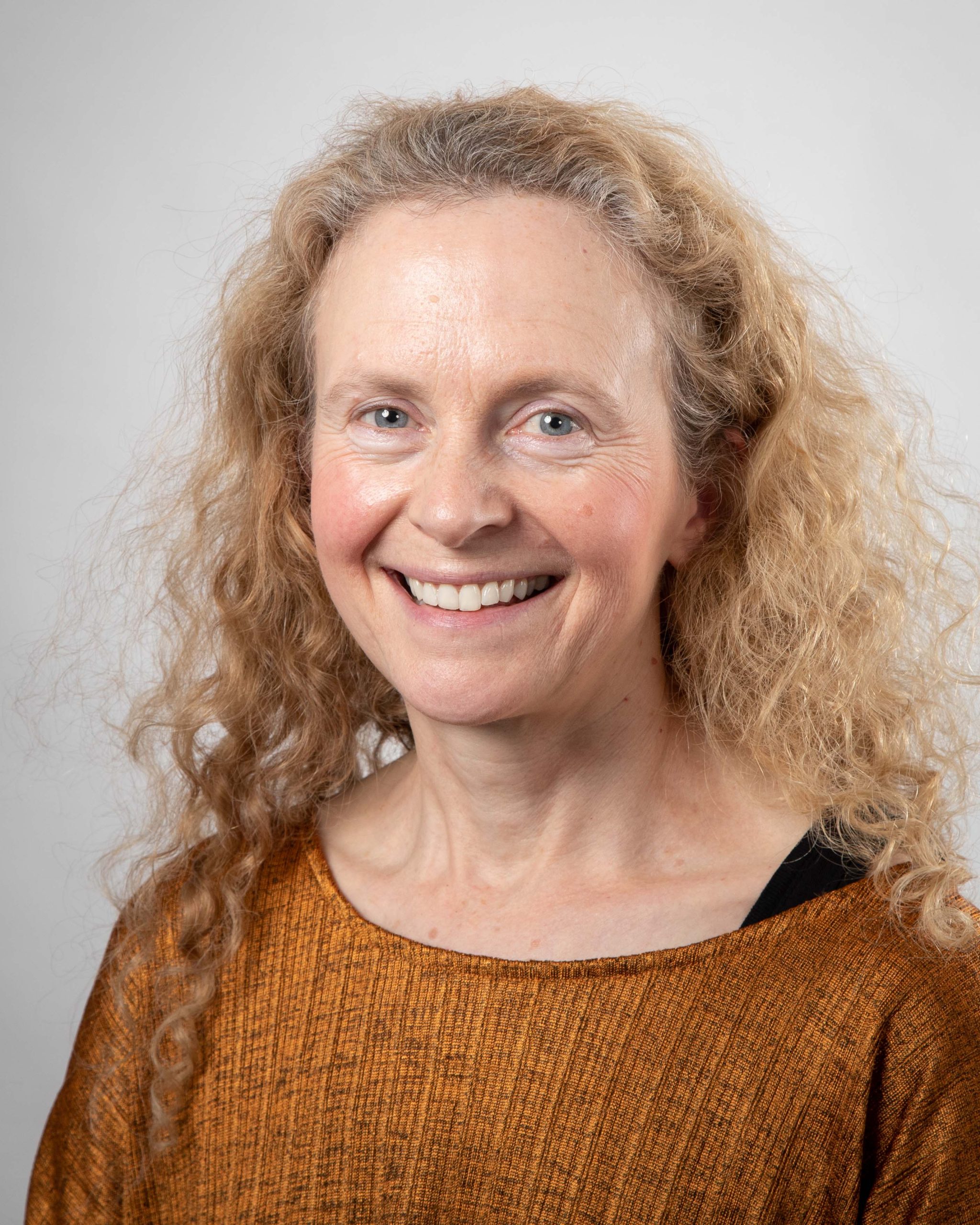

The Read & Publish agreement was instrumental in making our work immediately and freely available to the global research community. Publishing fee-free Open Access removed a significant financial barrier, and we were also highly impressed with the speed and ease of the review process. Together, this ensured our findings on muscle remodeling could achieve maximum visibility and impact without delay. It’s a valuable benefit that supports both authors and the spirit of open science.
The Université de Sherbrooke’s Read & Publish agreement with The Company of Biologists provided us with a wonderful opportunity to publish our recent work in an Open Access format in a prestigious journal at no cost. Given the high-quality review process offered by the journals of The Company of Biologists and the unique benefits of the Read & Publish agreement, we will continue submitting our best work to their journals.
Working in a resource-limited environment, Open Access costs are often a major factor limiting the options for publishing our work. The Read & Publish agreement between The Company of Biologists and my institution made this a non-issue, enabling us to present valuable scientific results to the widest possible audience in a timely and worry-free fashion.
As a long-time fan of The Company of Biologists, I was delighted to be able to publish our article on the role of CYRI proteins in focal adhesions in the Journal of Cell Science with first author Jamie Whitelaw and our co-authors. The University of Cambridge is a member of the Read & Publish initiative with The Company of Biologists and this makes a real difference for my lab to be able to focus on science and making our work openly and widely accessible to the community. Our lab is also excited and honoured that a tree has been planted in the Forest of Biologists to mark our publication and to support sustainability in science. Thank you to The Company of Biologists for supporting open science not for profit, but for the community of biologists.
I am happy to say that the Read & Publish agreement with University of Ottawa has been wonderful in facilitating my publication in Journal of Experimental Biology which allows my research to reach a broad and interested audience for my work. Without it, the cost of publication becomes difficult to manage. It is much appreciated and really helps science be accessible.
We were very excited to see our work on the identification of a mouse injury-responsive enhancer that regulates adipogenesis in regenerating muscle published in Development, and we are grateful for The Company of Biologists’ Open Access Read & Publish agreement with Stanford University. Open Access makes research results widely available, and it is so important to ensure transparency and the broad dissemination of research findings. We very much appreciated the ease with which we were able to submit our paper free of charge. All steps, from the review process to working with Development’s editorial and production staff, were also a great pleasure. Thank you to the Company of Biologists for helping us to connect to a broad audience and for fostering communication and collaboration in science.
I was very happy with the whole process – from the fast and fair reviews to hassle-free publishing under the Read & Publish agreement with my home institution.
Journal of Experimental Biology has long been one of my favorite journals, and the opportunity to publish open access through the Bibsam Consortium agreement is a fantastic way to maximize the reach of our research. For methods papers in particular, open access is invaluable: it allows new tools and approaches to be shared widely and used immediately by the community. We were excited to publish this work open access so it could reach researchers who may benefit directly from these methods and help advance their own science.
I was delighted to publish our work fee-free Open Access in Journal of Cell Science through the Read & Publish agreement with IIT Kanpur. This support is especially valuable for publicly funded research and early-career researchers, as it enables broad and immediate access to our findings without concerns about publication costs. The Company of Biologists’ efficient review process and its commitment as a non-profit organisation supporting the scientific community are truly appreciated.
Open Access to peer-reviewed papers is becoming increasingly important as university and researcher budgets continue to shrink. The Read & Publish agreement that my institution has with The Company of Biologists promotes equitable access to high-quality science and allows me to allocate more grant funds toward research and supporting students. These are reasons I choose to publish in Journal of Experimental Biology.